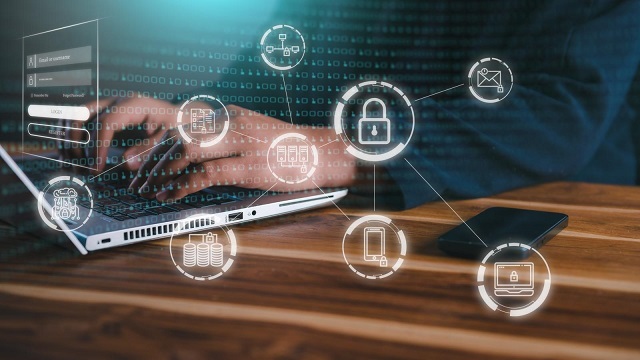Life in the digital age necessitates capturing personal details and sensitive information online for convenience. However, privacy risks from hacks, device loss, and oversharing threaten the exposure of your confidential records if not careful. Beyond just journaling inner thoughts, everyone now enters tax data, medical history, account credentials, and more online. Private and secure note-taking platforms allow safely documenting your private information electronically. By following prudent practices for access controls, content sharing, device usage, and records retention, you can fully benefit from the utilities of digital notes without compromising privacy.
Limit note access
Treat your digital notebooks like a personal vault allowing entry only to yourself via strict permissions. Enable device lock passcodes so only your fingerprint or PINs unlock viewing your notes app contents on mobile or laptops. Set up two-factor authentication on your notes account for extra login validation required before launching the app. Configure notes services like privatenote to mandate re-authentication with a passphrase when reopening the app or viewing certain notes. For ultimate privacy, use a temporary “self-destructing” note service to erase messages post-reading.
Guard content sharing
While private notes host your info, the reasonable necessity arises to share certain records with others digitally. This could include sending medical history to a new physician electronically or sharing notes while collaborating on a project. When required to share from your vault, implement protections. Share excerpts or exported PDF versions containing only relevant details instead of full access. Follow up with recipients to delete transfers once their purpose is served. For recurring essential sharing needs, maintain a separate collaborative notebook with group editing permissions instead of exposing your private vault.
Lock down devices
Mobile phones, tablets, laptops and computers used to access private notes must be physically protected as the sources containing your information. Never save login credentials on shared devices. Enable device fingerprint, PIN code, or complex passphrase requirements to unlock screens. Configure devices to auto-lock after brief idle periods to prevent unauthorized access if left unattended. Enable remote wipe capacities within your notes app letting you securely erase all local app data if a device is lost or stolen. Maintain device operating system and notes app software updates for critical security patches fixing vulnerabilities. Use antivirus protections in case any malware makes it onto the device aiming to steal your data.
Delete old records
A common pitfall as private information piles up over time is failing to purge what is no longer necessary. Hacked or stolen accounts could expose your entire history of notes retroactively if not deleted routinely. Develop a habit each month to review older notes and erase unneeded entries. Configure your private notebook app settings to auto-purge notes after custom periods you preset to force clear signs of unnecessary digital debris that could haunt you if revealed later. Think proactively about future risk – what notes reflecting past actions or containing outdated contact details need permanent erasure? Remove relic records for ultimate security.
Backup notes
While limiting digital access points to your confidential notes is wise, accidents happen losing access entirely if that single source is compromised. Equipment failures, lost logins and human error could make notes irrecoverable without careful backup provisions. Copy your private notebook contents to secondary secure sources for redundancy. Options facilitate encrypted backup sync to cloud drives and secondary connected devices. You also occasionally export an encrypted local backup of notes to an external thumb drive in your possession providing physical backup. Just secure the duplicate sources as carefully as your primary notes repository.




